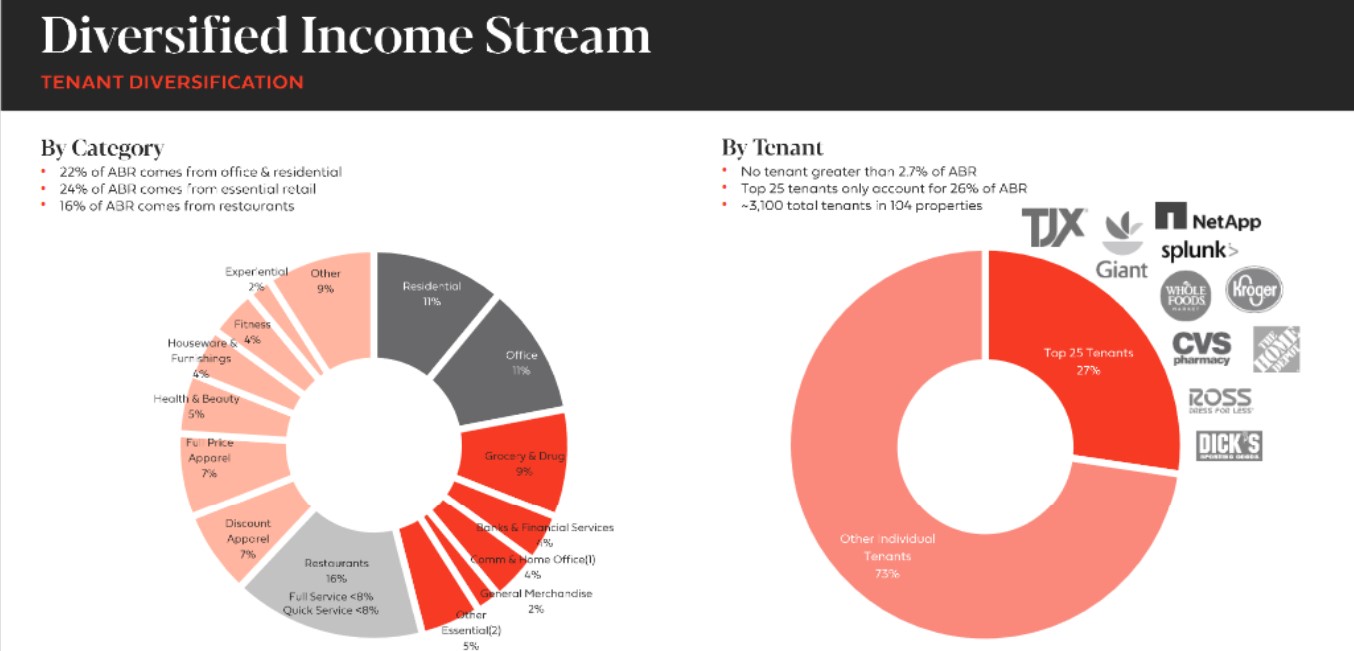
Which stock is Warren Buffett's favorite? It's not Amazon or Apple. Restoration Hardware has outperformed Amazon as well as Apple. His second best stock is StoneCo, which has increased more than eighty percent. Read on for more. What stock is Buffett most proud of? Here are his picks. You might be surprised by some of them. If you're a Buffett fan, here are some of his top picks.
Berkshire Hathaway
Warren Buffett is the "Oracle of Omaha" and is known for his long-term buy/hold investment strategy. Berkshire Hathaway is his company and holds over 75%. This portfolio includes many publicly traded companies as well as private companies that pay solid dividends. Below are five stocks Warren Buffett has in his portfolio. These stocks can be yours today and you will start to see impressive returns.
Apple
If you are wondering which stocks are the most valuable, Apple is likely one of them. This tech giant owns a majority of the company, and its shares have increased more than fourfold over the last year. Apple has consistently produced strong earnings and sales growth, and Buffett sees it as the cornerstone of the Berkshire Hathaway portfolio. Apple's brand awareness and loyal customer base have helped increase its sales and profits.

AAPL
Apple (NYSE:AAPL) is the best stock to invest in this bull market. This multibillion-dollar technology company designs and manufactures smartphones, tablets, and accessories. Apple's latest update, iPadOS(r) 16, features powerful collaboration and productivity features that take advantage of the company's new M1 chip. Apple is making significant changes to Mail, Safari and iCloud shared photo library.
Occidental Petroleum (OXY 2.65%)
Occidental Petroleum, (OXY), may be a great stock for you if you are looking for a great deal today. Occidental Petroleum shares have increased nearly 92% in the last year. This is a far cry from the 21% year-to-date decline of the S&P 500. Occidental has been able to benefit from a recent uptick in oil prices since Russia invaded Ukraine. Warren Buffett recently made very kind remarks about U.S. Oil Companies.
Charter Communications (CHC).
Charter Communications (CHC), is a stock that might be Warren Buffett's best stock. Berkshire Hathaway bought Charter Communications (CHC) for $365 Million last August. Although the price has fallen slightly, Buffett's stake in Charter is still very valuable. It's a stock worth watching: it's currently the second-largest U.S. cable company.
Visa
This week we focus on Visa as the best stock to own for investors who want to beat market. Visa beats the Nasdaq by a wide margin and has beaten almost every major investment strategy on Wall Street. The company's stock could rise as fast as expected over the next 10 years, generating 4X inflation adjusted return and 2X S&P 500. The stock also meets the criteria to be considered for Ultra SWAN's dividend growth opportunity. It has the potential to deliver a 13% annual dividend growth rate in the next three-years, and 21% through 2027.

Mastercard
You may have heard that Mastercard is one of the top stocks for the upcoming quarter, but do you know why? Berkshire Hathaway owns a 0.4% share in Mastercard, a powerful company with a portfolio valued at $343.2 million. While that may not seem like much, it does make a big difference. Buffett has made significant investments in Berkshire. Mastercard shares can be a great addition any portfolio.
FAQ
What is security in a stock?
Security is an investment instrument whose worth depends on another company. It can be issued as a share, bond, or other investment instrument. The issuer can promise to pay dividends or repay creditors any debts owed, and to return capital to investors in the event that the underlying assets lose value.
How do I choose an investment company that is good?
You want one that has competitive fees, good management, and a broad portfolio. The type of security that is held in your account usually determines the fee. Some companies don't charge fees to hold cash, while others charge a flat annual fee regardless of the amount that you deposit. Others charge a percentage on your total assets.
You also need to know their performance history. Poor track records may mean that a company is not suitable for you. Companies with low net asset values (NAVs) or extremely volatile NAVs should be avoided.
You also need to verify their investment philosophy. To achieve higher returns, an investment firm should be willing and able to take risks. If they are unwilling to do so, then they may not be able to meet your expectations.
What is the trading of securities?
The stock exchange is a place where investors can buy shares of companies in return for money. Shares are issued by companies to raise capital and sold to investors. Investors then sell these shares back to the company when they decide to profit from owning the company's assets.
The supply and demand factors determine the stock market price. If there are fewer buyers than vendors, the price will rise. However, if sellers are more numerous than buyers, the prices will drop.
There are two options for trading stocks.
-
Directly from the company
-
Through a broker
How are shares prices determined?
Investors are seeking a return of their investment and set the share prices. They want to make profits from the company. They purchase shares at a specific price. Investors make more profit if the share price rises. If the share value falls, the investor loses his money.
An investor's main goal is to make the most money possible. This is why they invest in companies. It helps them to earn lots of money.
Statistics
- Even if you find talent for trading stocks, allocating more than 10% of your portfolio to an individual stock can expose your savings to too much volatility. (nerdwallet.com)
- Ratchet down that 10% if you don't yet have a healthy emergency fund and 10% to 15% of your income funneled into a retirement savings account. (nerdwallet.com)
- "If all of your money's in one stock, you could potentially lose 50% of it overnight," Moore says. (nerdwallet.com)
- Individuals with very limited financial experience are either terrified by horror stories of average investors losing 50% of their portfolio value or are beguiled by "hot tips" that bear the promise of huge rewards but seldom pay off. (investopedia.com)
External Links
How To
How to open a trading account
The first step is to open a brokerage account. There are many brokerage firms out there that offer different services. Some brokers charge fees while some do not. Etrade is the most well-known brokerage.
Once your account has been opened, you will need to choose which type of account to open. Choose one of the following options:
-
Individual Retirement Accounts (IRAs).
-
Roth Individual Retirement Accounts
-
401(k)s
-
403(b)s
-
SIMPLE IRAs
-
SEP IRAs
-
SIMPLE 401(k).
Each option comes with its own set of benefits. IRA accounts are more complicated than other options, but have more tax benefits. Roth IRAs are a way for investors to deduct their contributions from their taxable income. However they cannot be used as a source or funds for withdrawals. SIMPLE IRAs have SEP IRAs. However, they can also be funded by employer matching dollars. SIMPLE IRAs are simple to set-up and very easy to use. These IRAs allow employees to make pre-tax contributions and employers can match them.
Next, decide how much money to invest. This is your initial deposit. Most brokers will give you a range of deposits based on your desired return. Depending on the rate of return you desire, you might be offered $5,000 to $10,000. The lower end of this range represents a conservative approach, and the upper end represents a risky approach.
Once you have decided on the type account you want, it is time to decide how much you want to invest. Each broker sets minimum amounts you can invest. These minimum amounts can vary from broker to broker, so make sure you check with each one.
You must decide what type of account you want and how much you want to invest. Next, you need to select a broker. Before choosing a broker, you should consider these factors:
-
Fees - Be sure to understand and be reasonable with the fees. Many brokers will offer trades for free or rebates in order to hide their fees. However, some brokers charge more for your first trade. Be wary of any broker who tries to trick you into paying extra fees.
-
Customer service – You want customer service representatives who know their products well and can quickly answer your questions.
-
Security – Choose a broker offering security features like multisignature technology and 2-factor authentication.
-
Mobile apps - Find out if your broker offers mobile apps to allow you to view your portfolio anywhere, anytime from your smartphone.
-
Social media presence: Find out if the broker has a social media presence. It might be time for them to leave if they don't.
-
Technology - Does the broker use cutting-edge technology? Is it easy to use the trading platform? Are there any glitches when using the system?
Once you have decided on a broker, it is time to open an account. Some brokers offer free trials while others require you to pay a fee. After signing up, you will need to confirm email address, phone number and password. Next, you will be asked for personal information like your name, birth date, and social security number. Finally, you'll have to verify your identity by providing proof of identification.
Once verified, your new brokerage firm will begin sending you emails. These emails will contain important information about the account. It is crucial that you read them carefully. This will include information such as which assets can be bought and sold, what types of transactions are available and the associated fees. Keep track of any promotions your broker offers. These could be referral bonuses, contests or even free trades.
Next is opening an online account. Opening an online account is usually done through a third-party website like TradeStation or Interactive Brokers. Both sites are great for beginners. When opening an account, you'll typically need to provide your full name, address, phone number, email address, and other identifying information. After all this information is submitted, an activation code will be sent to you. Use this code to log onto your account and complete the process.
Now that you have an account, you can begin investing.